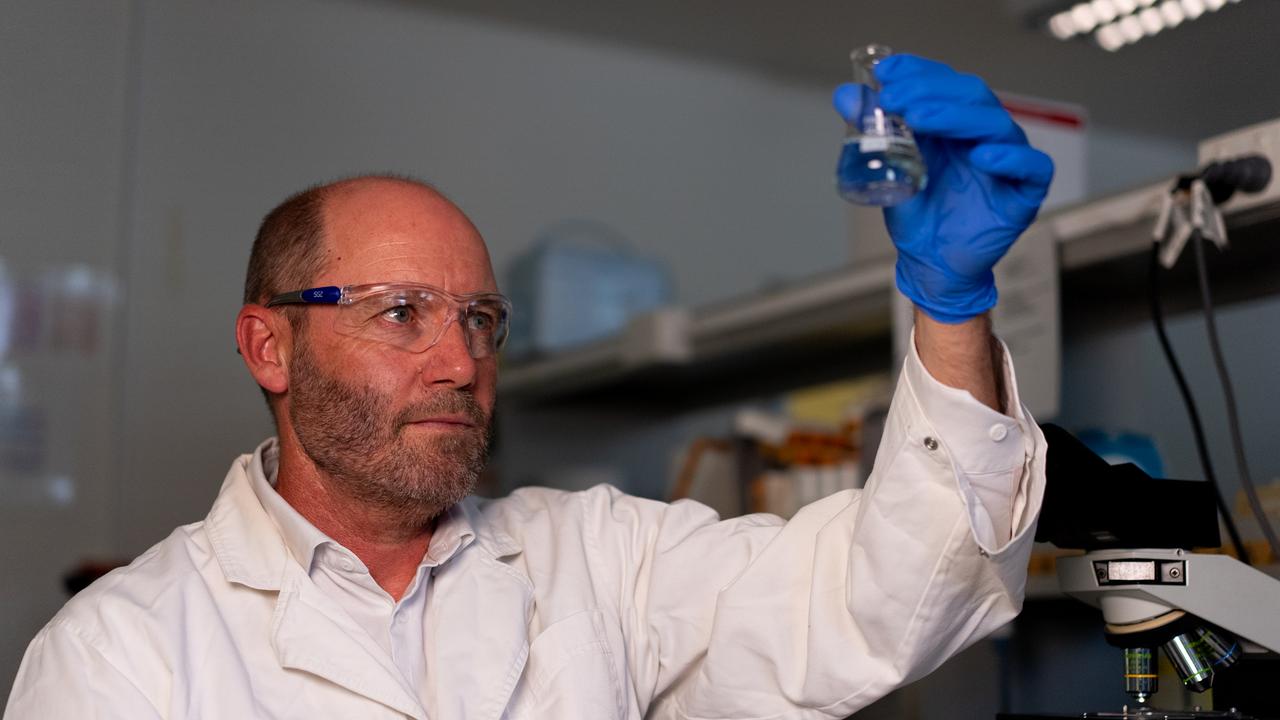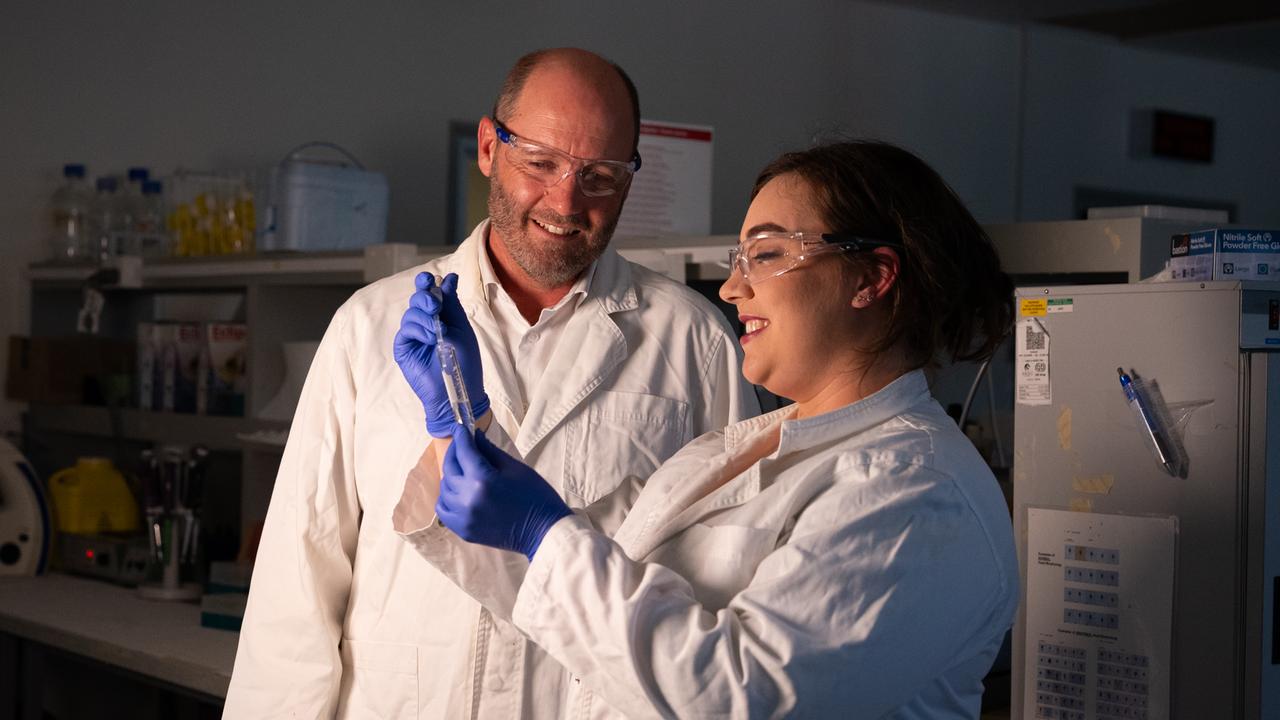
Male fertility could be significantly affected by exposure to "forever chemicals" after a study in animals raised concerns about potential generational effects.
PFAS, or per- and polyfluoroalkyl substances, are a group of 15,000 toxic, synthetic chemicals used for their resistance to heat, stains and grease.
Science around the chemicals is evolving but previous research has found exposure can be associated with increased cholesterol levels, reduced kidney function, lower birth weight in babies and other health issues.
A study by the University of Newcastle has examined the effect of PFAS on male reproductive health in animals, aiming to determine any causal links between the chemicals and sperm health.

In the study, male mice were exposed to PFAS-contaminated water at concentrations reflecting real-world environmental exposure in areas of Williamtown in the NSW Hunter region.
PFAS chemicals were used in firefighting foam at the Williamtown RAAF base and have since been detected in surface water, groundwater and some fish species in nearby waterways.
The decision to focus on male infertility came down to the fact that sperm were sensitive biomarkers of damage because they were a type of cell that could not repair itself, study co-lead Brett Nixon told AAP.
"Sperm pass on half the genetic information to the next generation, so if there is any damage to that it has implications for the embryo," he said.
"The first thing we found is that the PFAS accumulated in the body, we detected higher levels of PFAS than we were administering ... male hormones within the mice produced by the testes were also significantly reduced."
While the PFAS-exposed mice sperm looked and behaved normally, researchers found sperm cells carried hidden changes that showed up in abnormal gene expression of fertilised early embryos.

"The findings give us a focal point because we now know the changes that are occurring in mice, so we can look at male humans who have been exposed and look at specific changes and see if they are reflected in the same way," Professor Nixon said.
"PFAS chemicals are metabolised differently in humans to animals but it gives us some guidance as to what might be happening in the genes."
The research emphasises the need to understand how PFAS exposure affects reproductive health and future generations.
"It's especially relevant for communities like Williamtown, where PFAS contamination has been a longstanding concern," study co-lead Dr Jacinta Martin said.
But Prof Nixon said researchers did not want to scare people, and instead aimed to better understand the impacts of PFAS on the body.
"If we can understand that we can work out how to intervene and help the body excrete it ... it's really important to raise awareness without being alarmist," he said.







